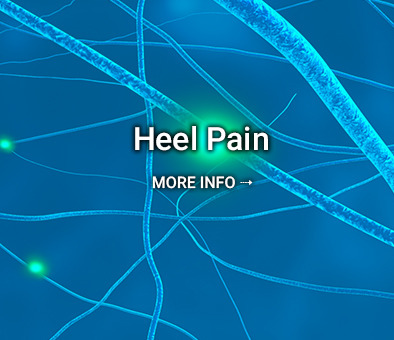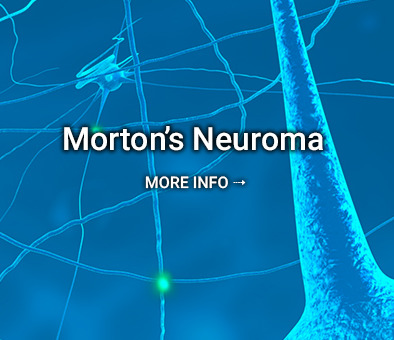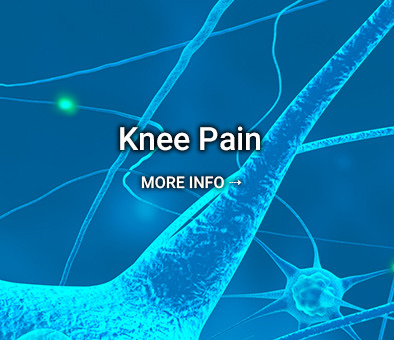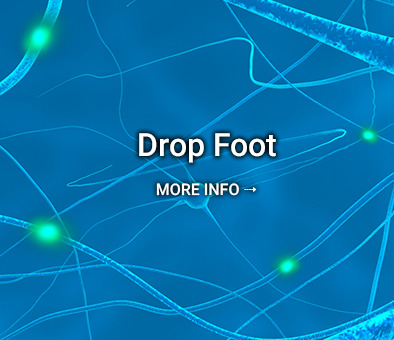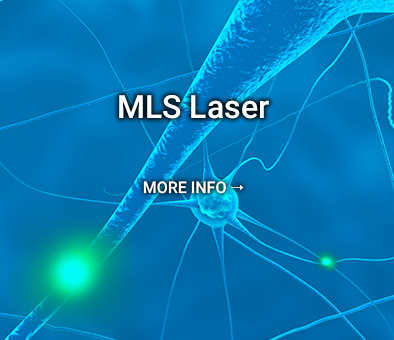
US Neuropathy Centers
Peripheral Neuropathy & Foot & Ankle Surgeons located in Marietta, GA
Drop foot is a motor impairment that can be extremely painful, reduce your mobility, and lead to a lower quality of life. Drop foot also increases your chances of slips and falls that can result in other, more painful injuries. At US Neuropathy Centers, Stephen Barrett, DPM, Sequioa DuCasse, DPM, MS, and the team have helped countless patients in Marietta, Georgia, improve their gait and balance and reduce pain associated with drop foot. To learn more about the various diagnostic tests and treatments available, call the office or use the online scheduler to book your appointment today.
What is drop foot?
Drop foot is a condition in which you have difficulty lifting the front of your foot up towards the shin, due to weakness or paralysis of the muscles involved in this movement.
Patients with drop foot often experience a foot dragging on the ground when they walk and need to walk by bending their knees more, as they would if they have to climb stairs. Drop foot isn’t a disorder itself, but a symptom of an underlying neurological, muscular, or anatomical condition.
What causes drop foot?
The most common reason for drop foot is compression of the peroneal nerve that controls the lifting of your leg. A pinched nerve root in your spine can also cause drop foot.
Health conditions like diabetes or multiple sclerosis that affect your nervous system can also increase your chances of developing a problem with a nerve that results in drop foot.
Other conditions that can increase your chances of developing drop foot are stroke, muscular dystrophy, and amyotrophic lateral sclerosis (ALS), also known as Lou Gehrig’s disease.
How do you diagnose drop foot?
Your doctor at US Neuropathy Centers performs a physical exam in which they check your leg for muscle weakness and numbness in certain areas.
If they suspect your drop foot is due to a tumor or cyst, they may order additional imaging tests like an X-ray, ultrasound, or MRI scan to visualize any abnormal soft tissue growths.
The practice also uses electromyography (EMG) and other nerve conduction tests to assess electrical activity in your muscles and nerves to determine the exact location of the damage.
How do you treat drop foot?
Once your US Neuropathy Centers doctor successfully diagnoses the cause of your drop foot, they create a customized treatment plan to address your specific condition. Treatments may include:
Braces or splints
A rigid brace on your ankle or foot can help keep your foot in a normal position, so it isn’t dragging when you walk.
Physical therapy
The team can lead you in physical therapy exercises designed to stretch and strengthen your leg muscles and maintain a range of motion that can decrease with drop foot.
Nerve stimulation
Medical nerve stimulators provide gait corrections, improve mobility, and provide a better quality of life where you can walk by yourself. These devices work by sending small electrical impulses to the affected nerve, which triggers muscle contractions involved in raising your foot upwards.
Surgery
If more conservative treatment approaches don’t work, US Neuropathy Centers has expert surgeons that can perform nerve decompression surgery to relieve pressure on a pinched nerve that is causing your drop foot.
For long-standing drop foot conditions, the team may recommend a tendon transfer surgery to improve the strength and stability of your ankle.
To learn more about the various treatments that can help your drop foot, call US Neuropathy Centers or use the online booking tool to make an appointment today.

